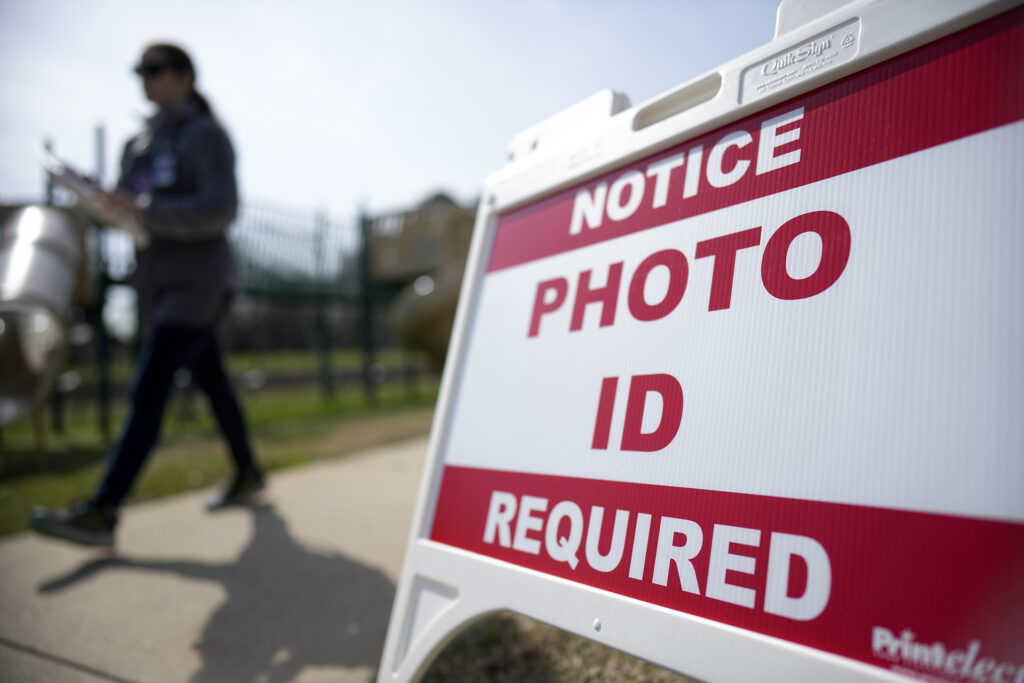What’s the Difference Between Voter ID and Proof of Citizenship?

As voting gets underway in the 2024 election, voters in many states must provide photo IDs to cast their ballots. For the next election, some voters may even have to show proof of citizenship.
A commonly asked question is: What’s the difference between voter ID and documentary proof of citizenship requirements? Let’s break it down.
Over a dozen lawsuits filed this cycle have claims related to noncitizen voting, which the GOP has used as justification for proof of citizenship requirements..
Democracy Docket is the only news outlet tracking and reporting on all of these cases — sign up for our free daily and weekly newsletters to get the latest updates sent straight to your inbox.
Approved forms of voter ID for voters in most states include driver’s licenses, passports, military IDs, student IDs, tribal IDs and government-issued IDs. However, it does vary by state. For example, Idaho eliminated the use of student IDs for in-person voting.
Proof of citizenship documents include passports, birth certificates and naturalization certificates because they prove that someone was born in the U.S. or that they became a U.S. citizen if they were born elsewhere.
Notably, a U.S. passport fulfills both requirements because it includes a valid photo of the voter, along with proof that they are a citizen of this country.
The main difference: Proof of citizenship laws apply when a person registers to vote, and voter ID applies when they go to cast a ballot.
Voter ID requirements are much more common than proof of citizenship requirements. Nine states, including North Carolina and Ohio, have strict photo ID laws that don’t allow a voter’s ballot to be counted if they don’t provide voter ID. Also, 12 states ask for voter IDs at the polls, but do still allow someone to vote if they don’t have one.
Louisiana and New Hampshire both passed laws requiring proof of citizenship to register to vote, but the requirements won’t go into effect until after the 2024 election.
Arizona has a proof of citizenship requirement in place to register to vote in state elections, but the requirement for federal elections was blocked in court.
New Hampshire’s law could face the same fate since a youth voting group sued to block the law, and litigation is ongoing in the case.
Also, in July, congressional Republicans passed a nationwide proof of the citizenship bill — the SAVE Act — but the Democrat-controlled Senate and President Joe Biden have publicly opposed it.
Only one state currently has a proof of citizenship requirement in place because of how extreme that policy is and how many people would be potentially disenfranchised by it. A survey conducted from September to October 2023 revealed that one in 10 eligible U.S. voters can’t easily access documents to prove their citizenship.